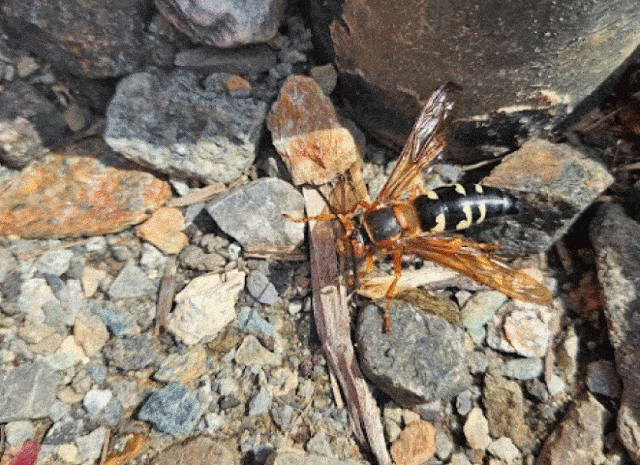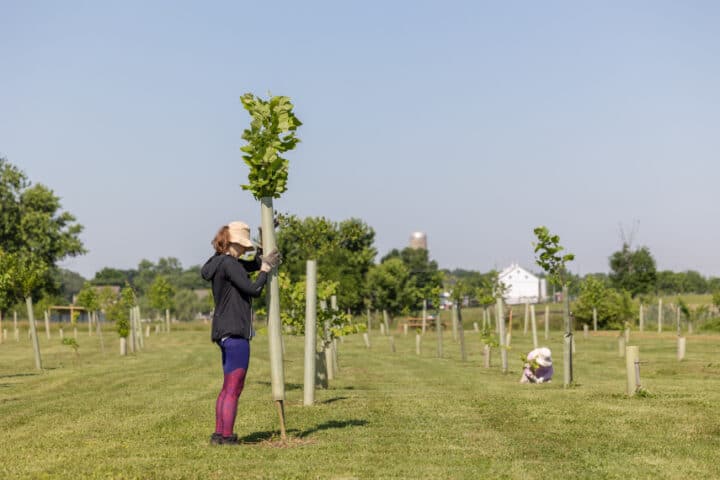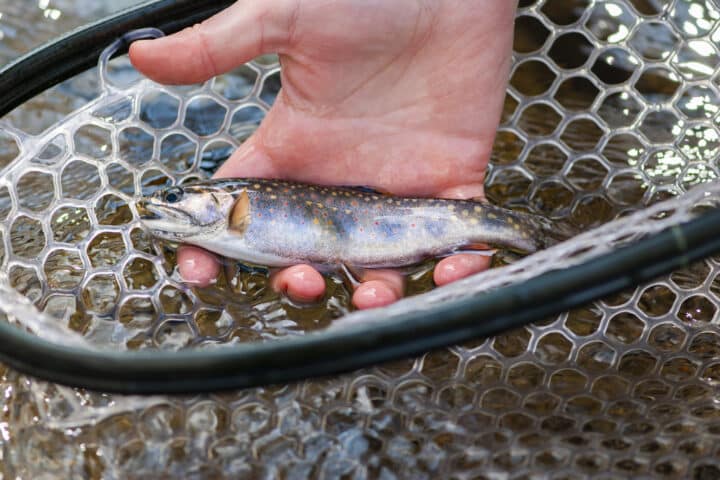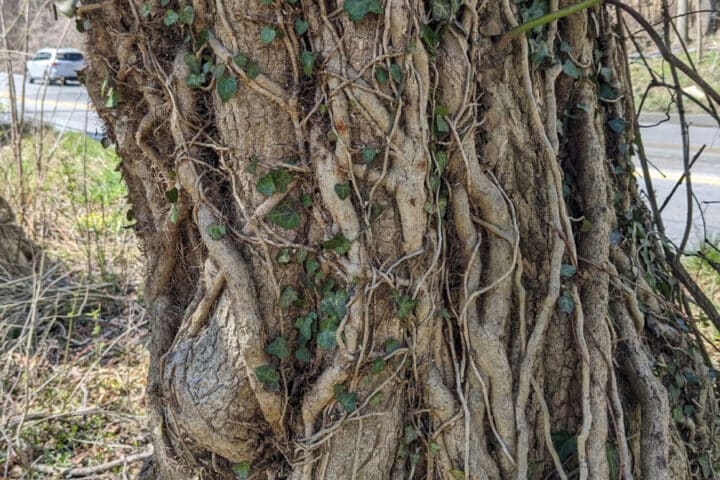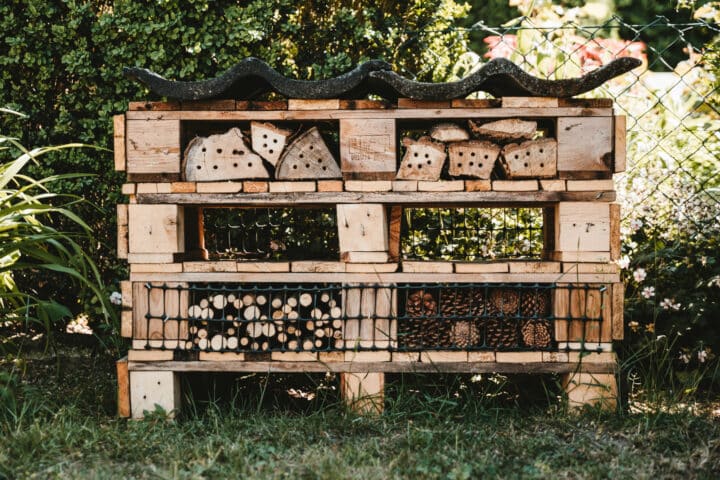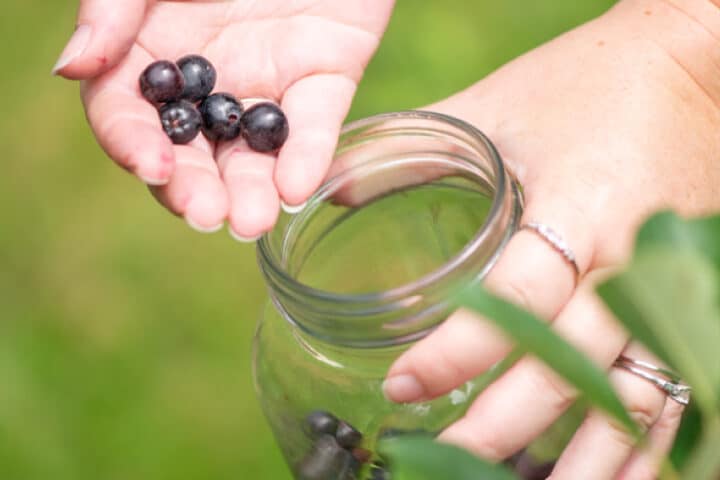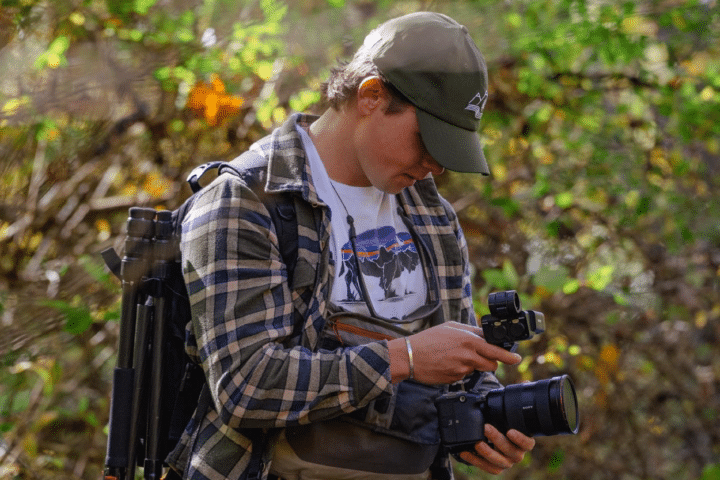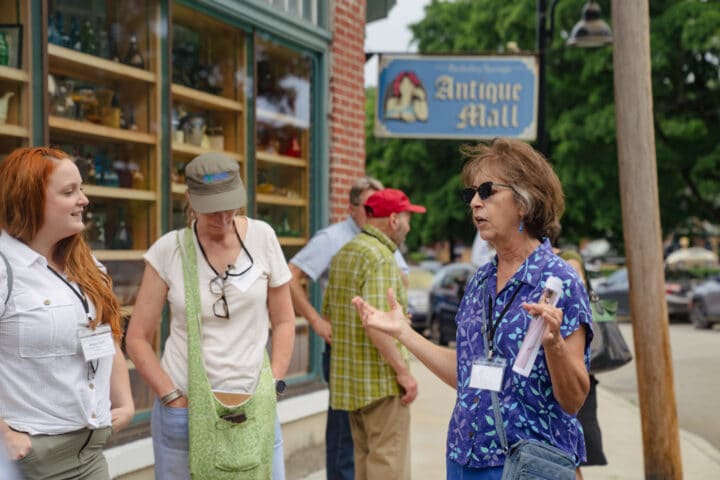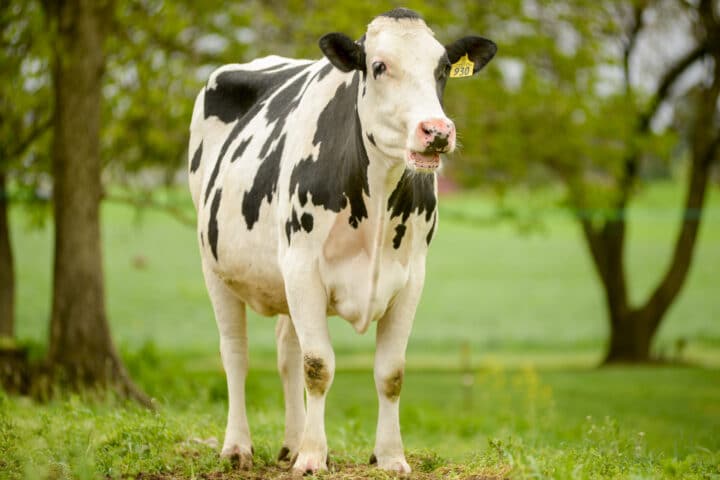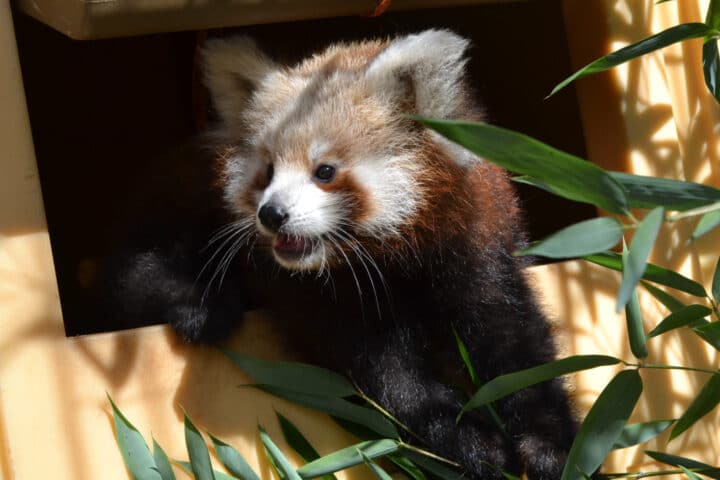Staff Blog
What’s Poppin’? Phenological Fun: Eastern Cicada Killer Wasp
Is this the fabled “murder hornet” we keep hearing about? No! This is the eastern cicada killer wasp!
Q&A with Eurofins: Campus and Company Sustainability
We recently sat down with Eurofins BioPharma Product Testing to ask about how their Lancaster site is creating a cleaner campus and watershed.
Resource Recap: Over 7 Hours of Live Recordings
In case you missed it, you can catch over seven hours of presentations from our staff experts! Learn more about a wide variety of topics, from recreation to stewardship in the Chesapeake Bay watershed.
Loosen the Grip of English Ivy
English ivy is one of the most prevalent invasive species in the Chesapeake Bay watershed. It is a woody vine that climbs trees, fences, and other vertical structures. Left unchecked, it can harm trees by weighing down their limbs, robbing leaves of sunlight, and leaving them more prone to storm damage.
What’s Up With Upcycling?
Upcycling uses elements of the three R’s along with some creativity and resourcefulness to give new life to objects that would otherwise be discarded. The big idea behind upcycling is that it transforms an object by adding value to it, rather than just recycling or reusing it.
Native Plant Recipe: Black Chokeberry Jelly
There’s nothing quite like enjoying a homemade treat that you watched grow and worked hard to create at home. Homemade chokeberry jelly packs a healthy punch in a delicious package. Whether you spread it on bread or eat it right out of the jar, if you’re house is anything like ours, it will go quickly regardless of how you decide to enjoy it.
Catch Up on This Season’s Ask the Alliance Sessions
We are a little over halfway through the Ask the Alliance season, with plenty more to learn coming up! Catch up on our signature live talk webinar sessions below, and join us live for an upcoming session.
Wandering the Warm Springs Watershed
Decisions made by a local official impact not only the health and vitality of their community, but also their local waterways and the greater Chesapeake Bay watershed.
Cleaner Dairy Farms, Cleaner Supply Chains
This past spring, the team celebrated the continued growth of the Sustainable Dairy PA partnership, a collaboration between the Alliance, the Hershey Company, and Land O’Lakes. About 15 Land O’Lakes and Hershey employees volunteered to plant 2.6 acres along a stream at a Land O’Lakes member farm.
Bamboo: Good for Pandas, Bad for Property Owners
When you think of bamboo you may think of giant pandas or red pandas and that makes perfect sense as the word ‘panda’ is thought to have come from the Nepalese words ‘nigalaya ponya’ translating to ‘bamboo eater’. Although you can find both beloved creatures in zoos or research institutions, like the Smithsonian Conservation Biology Institute, there are no wild North American species that consume the invasive bamboo species.
